

Articles
How To Store Blueberries To Last Longer
Modified: August 19, 2024
Learn how to store blueberries properly to extend their shelf life. Read our articles for tips and tricks on keeping blueberries fresh for longer.
(Many of the links in this article redirect to a specific reviewed product. Your purchase of these products through affiliate links helps to generate commission for Storables.com, at no extra cost. Learn more)
Introduction
Blueberries are not only delicious but also packed with essential vitamins and antioxidants that contribute to a healthy diet. However, their delicate nature means they can spoil quickly if not stored properly. Learning how to store blueberries correctly can help extend their shelf life, allowing you to enjoy their freshness and flavor for longer.
In this article, we will explore the best practices for storing blueberries to maximize their longevity. From selecting the freshest berries to employing different storing methods, we’ll cover everything you need to know to keep your blueberries fresh and tasty.
So, whether you’ve just picked a bounty of blueberries from your garden or bought them from a local market, read on to discover the secrets of extending their shelf life and savoring their goodness in various culinary creations.
Key Takeaways:
- Keep blueberries fresh by refrigerating, freezing, or dehydrating them. Handle with care, avoid excess moisture, and use them fresh whenever possible to enjoy their vibrant flavor and nutritional benefits for an extended period.
- Select fresh, firm, and vibrant blueberries for optimal storage. Refrigerate for short-term use, freeze for long-term storage, or dehydrate for a convenient and flavorful snack. Enjoy the delightful goodness of blueberries year-round.
Read more: How To Store Peaches To Last Longer
Choosing Fresh Blueberries
When it comes to storing blueberries, starting with fresh and high-quality berries is crucial. Here are some tips to help you select the best blueberries:
- Appearance: Look for blueberries that have a deep, vibrant color. They should be plump and firm to the touch, with a smooth skin. Avoid berries that are bruised, wrinkled, or have moldy spots.
- Size: Blueberries come in different sizes, but larger berries tend to be more mature and may have a richer flavor. However, small berries can also be delicious, so it ultimately comes down to personal preference.
- Fragrance: Give the blueberries a gentle sniff. Fresh berries should have a sweet, slightly floral aroma. If they lack fragrance or have an off-putting smell, it’s a sign that they may not be as fresh.
- Container: Take a look at the packaging or container the blueberries are in. Ensure it is clean and free from any moisture or signs of damage. A well-packaged container helps protect the berries and extends their shelf life.
Remember, ripe blueberries are delicate and can easily break or become damaged if mishandled. Be gentle when selecting them at the store or farm, and avoid squeezing or crushing them.
By carefully selecting fresh and high-quality blueberries, you’re setting the stage for successful storage. Now, let’s move on to the next step: storing them properly.
Storing Blueberries Properly
To keep your blueberries fresh and extend their shelf life, it’s important to store them properly. The key is to create the ideal environment that minimizes moisture, exposure to air, and temperature fluctuations. Here are three methods for storing blueberries:
Method 1: Refrigerating Blueberries
Refrigeration is one of the best ways to store blueberries and maintain their freshness for a longer time. Follow these steps:
- Keep the blueberries in their original container or transfer them to a clean and dry airtight container.
- Avoid washing the blueberries until you’re ready to consume them, as excess moisture can cause them to spoil faster.
- Place the container in the refrigerator’s main compartment, where the temperature is between 32°F (0°C) and 40°F (4°C).
- If your refrigerator has a humidity control drawer, store the blueberries there. Adjust the humidity to 90-95% to create an optimal environment.
- Regularly check the blueberries for any signs of mold or spoilage. Remove any soft or molded berries to prevent them from affecting the others.
Refrigerated blueberries can last up to two weeks if stored properly.
Method 2: Freezing Blueberries
Freezing blueberries is an excellent option if you have a surplus or want to store them for an extended period. Here’s how to freeze blueberries:
- Wash the blueberries under cold water and gently pat them dry with a paper towel.
- Remove any stems or leaves and sort through the berries, discarding any damaged or overripe ones.
- Spread the blueberries in a single layer on a baking sheet lined with parchment paper.
- Place the baking sheet in the freezer and allow the berries to freeze completely, which usually takes 2-4 hours.
- Once frozen, transfer the blueberries to airtight freezer bags or containers. Be sure to label them with the date.
- Seal the bags or containers tightly, removing as much air as possible.
- Return the blueberries to the freezer, where they can be stored for up to a year.
Frozen blueberries can be used directly in smoothies, baked goods, or thawed for other recipes.
Read more: How To Store Lemons To Last Longer
Method 3: Dehydrating Blueberries
If you prefer dried blueberries, dehydrating them is an excellent way to preserve their flavor for a longer time. Follow these steps:
- Wash the blueberries and gently pat them dry with a paper towel.
- Preheat your oven to the lowest temperature setting.
- Spread the blueberries on a baking sheet in a single layer.
- Place the baking sheet in the oven and bake for 3-4 hours, or until the blueberries are completely dried and shriveled.
- Remove the dried blueberries from the oven and let them cool completely.
- Store the dried blueberries in airtight containers or resealable bags in a cool, dark, and dry place.
Dried blueberries are perfect for adding to granola, trail mix, or reconstituting in recipes that require a burst of fruity flavor.
Now that you know the different methods of storing blueberries, let’s move on to some tips for maintaining their freshness for as long as possible.
Method 1: Refrigerating Blueberries
Refrigeration is one of the best methods to store blueberries and keep them fresh for an extended period. Here’s how to properly refrigerate blueberries:
- Keep the Original Container: It’s best to store blueberries in their original packaging. The containers are designed to protect the berries and allow for proper airflow, which helps prevent moisture buildup. If you’ve already opened the container, make sure to seal it tightly with plastic wrap or a resealable bag.
- Do Not Wash: Avoid washing the blueberries before refrigerating them. Moisture can lead to mold growth and spoilage. It’s best to wait until you’re ready to consume them before rinsing the berries under cold water and gently patting them dry.
- Choose the Right Temperature: Blueberries should be stored in the refrigerator’s main compartment, which typically has a temperature between 32°F (0°C) and 40°F (4°C). Avoid placing them in the refrigerator door, as the temperature may fluctuate more frequently.
- Consider the Humidity: If your refrigerator has a humidity control drawer, store the blueberries there. Adjust the humidity to around 90-95% to create an optimal environment. The higher humidity helps retain moisture and prevents the berries from drying out.
- Check for Spoilage: Regularly inspect the blueberries for any signs of mold or spoilage. If you find any soft or moldy berries, remove them immediately to prevent the spread of spoilage to other berries.
By following these steps, refrigerated blueberries can stay fresh for up to two weeks. Remember to handle the berries with care to avoid crushing or damaging them. Proper refrigeration ensures that the berries retain their flavor, texture, and nutritional value for longer.
Now that you know how to refrigerate blueberries, let’s move on to the next storage method: freezing.
Method 2: Freezing Blueberries
If you have an abundance of blueberries or want to enjoy them throughout the year, freezing is a great storage option. Follow these steps to freeze blueberries:
- Wash and Dry: Start by washing the blueberries under cold water. Gently pat them dry with a paper towel to remove any excess moisture.
- Remove Imperfections: Sort through the blueberries and remove any stems, leaves, or damaged berries. Only freeze the best quality berries.
- Spread Out: Spread the blueberries in a single layer on a baking sheet lined with parchment paper. Make sure they’re not touching each other to prevent them from sticking together.
- Pre-Freeze: Place the baking sheet with the blueberries in the freezer and allow them to pre-freeze for about 2-4 hours, or until they’re firm to the touch.
- Transfer to Containers: Once the blueberries are pre-frozen, transfer them to airtight freezer bags or containers. It’s a good idea to label them with the date so you can keep track of their freshness.
- Remove Air: Squeeze out as much air as possible from the bags or containers before sealing them. This helps prevent freezer burn and keeps the blueberries in optimal condition.
- Return to the Freezer: Place the bags or containers back in the freezer, ensuring they’re stored upright to prevent leakage. Blueberries can be frozen for up to a year.
Frozen blueberries can be used directly from the freezer for smoothies, baking, or adding to cereal. If you want to thaw them, simply transfer the desired amount to a bowl and let them thaw in the refrigerator overnight or at room temperature for a few hours.
Freezing preserves the flavor and nutritional content of blueberries, allowing you to enjoy them long after the harvest season has passed. Let’s move on to the final method: dehydrating blueberries.
Method 3: Dehydrating Blueberries
If you’re looking for a different way to store blueberries and enjoy them as a convenient and nutritious snack, dehydrating them is a fantastic option. Here’s how to dehydrate blueberries:
- Prepare the Blueberries: Start by washing the blueberries under cold water and gently patting them dry with a paper towel to remove any excess moisture.
- Preheat the Oven: Preheat your oven to the lowest temperature setting, typically around 140°F (60°C). You want a low and gentle heat to slowly dehydrate the berries.
- Arrange on Baking Sheet: Spread the blueberries in a single layer on a baking sheet lined with parchment paper. Make sure they’re evenly spaced and not touching each other.
- Dehydrate in the Oven: Place the baking sheet in the oven and leave the oven door slightly ajar to allow moisture to escape. This helps facilitate the drying process.
- Dry Until Shrunk and Shriveled: Let the blueberries dry in the oven for approximately 3-4 hours, or until they become shriveled and slightly chewy. Keep a close eye on them to prevent burning or over-drying.
- Cool Completely: Once the blueberries are dehydrated, remove them from the oven and allow them to cool completely on the baking sheet. This helps them crisp up and become more shelf-stable.
- Store in Airtight Containers: Transfer the dried blueberries to airtight containers or resealable bags. Store them in a cool, dark, and dry place, such as a pantry or cupboard.
Dried blueberries make a convenient and tasty snack on their own. They can also be added to baked goods, oatmeal, trail mixes, or salads for an extra burst of flavor and texture.
Dehydrating blueberries not only preserves their nutritional benefits but also concentrates their natural sweetness. Enjoy this alternative method of storing blueberries for a healthy and delicious treat.
Now that you’re familiar with the different methods of storing blueberries, let’s move on to some additional tips for keeping them fresh for as long as possible.
Store blueberries in the refrigerator in a breathable container, such as a paper bag or a container with holes, to allow air circulation. This will help them last longer by preventing moisture buildup.
Read more: How To Store Bananas To Last Longer
Tips for Prolonged Freshness
To ensure that your blueberries stay fresh and delicious for as long as possible, consider these helpful tips:
- Handle with Care: Blueberries are delicate, so handle them gently to avoid bruising or crushing the berries. This helps to prevent spoilage.
- Avoid Moisture: Excess moisture can lead to mold growth and spoilage. Only wash blueberries right before consuming them to minimize moisture exposure. Pat them dry gently before storing or using them.
- Sort and Remove: Regularly sort through your blueberries and remove any damaged or overripe berries. A spoiled berry can quickly spoil the whole batch, so be vigilant in checking for signs of spoilage.
- Keep Them Cool: Blueberries thrive in cool temperatures. Whether storing them in the refrigerator or freezer, maintaining a consistently cool temperature will help extend their shelf life and preserve their flavor.
- Don’t Crush: When storing blueberries in the refrigerator or freezer, avoid placing heavy items on top of them as it can lead to crushing or damaging the berries.
- Rotate Storage: If you have multiple containers of blueberries, make sure to rotate them during storage. This ensures that all the berries are used and none sit for an extended period.
- Use Them Fresh: While storage methods can help prolong the shelf life of blueberries, it’s always best to use them fresh whenever possible. Incorporate these juicy berries into your meals, snacks, or desserts as soon as you can.
By following these tips, you can maximize the freshness and lifespan of your blueberries, allowing you to enjoy their vibrant flavor and nutritional benefits for an extended period.
Now that you have all the knowledge you need to properly store blueberries, you can enjoy them well beyond the harvest season and take full advantage of their deliciousness. Whether you choose to refrigerate, freeze, or dehydrate them, storing blueberries correctly ensures you’ll always have a stash of these delightful gems on hand.
So go ahead, stock up on fresh blueberries and savor their goodness in your favorite recipes or as a refreshing snack – knowing that you have the power to keep them fresh and tasty for as long as possible.
Happy blueberry storing and enjoy!
Conclusion
Learning how to store blueberries properly is essential in order to maximize their freshness and enjoy their delicious flavor for an extended period. By following the right techniques and tips, you can prolong the shelf life of blueberries and ensure that they remain a delightful addition to your meals, snacks, and desserts.
When choosing fresh blueberries, look for vibrant colors, firm texture, and a sweet aroma. Avoid berries that are bruised, wrinkled, or moldy. Once you have selected the best blueberries, it’s time to store them using the recommended methods.
Refrigeration is ideal for short-term storage. Keep blueberries in their original packaging or transfer them to an airtight container. Store them in the main compartment of the refrigerator, with humidity control if available. This will help maintain their freshness for up to two weeks.
If you have an abundance of blueberries or want to enjoy them throughout the year, freezing is an excellent option. Remember to wash, dry, and sort the blueberries before spreading them out on a baking sheet to pre-freeze. Once pre-frozen, transfer them to airtight containers or freezer bags. Frozen blueberries can be stored for up to a year.
For a different approach, dehydrating blueberries is a fantastic way to enjoy them as a convenient and flavorful snack. Wash and dry the blueberries, then spread them out on a baking sheet. Allow them to dry in the oven until they become shriveled and chewy. Once cooled, store them in airtight containers in a cool, dark, and dry place.
To maintain the freshness of your blueberries, handle them with care, avoid excess moisture, and regularly check for any signs of spoilage. Keep them cool, ensure proper rotation during storage, and use them fresh whenever possible to fully enjoy their juicy goodness.
By following these guidelines, you can extend the shelf life of blueberries and incorporate them into your favorite recipes all year long. So go ahead, indulge in the sweet and nutritious delight of blueberries, knowing that you have the knowledge to store them properly and enjoy their freshness whenever you desire.
Happy storing and savoring of those delightful blueberries!
Frequently Asked Questions about How To Store Blueberries To Last Longer
Was this page helpful?
At Storables.com, we guarantee accurate and reliable information. Our content, validated by Expert Board Contributors, is crafted following stringent Editorial Policies. We're committed to providing you with well-researched, expert-backed insights for all your informational needs.
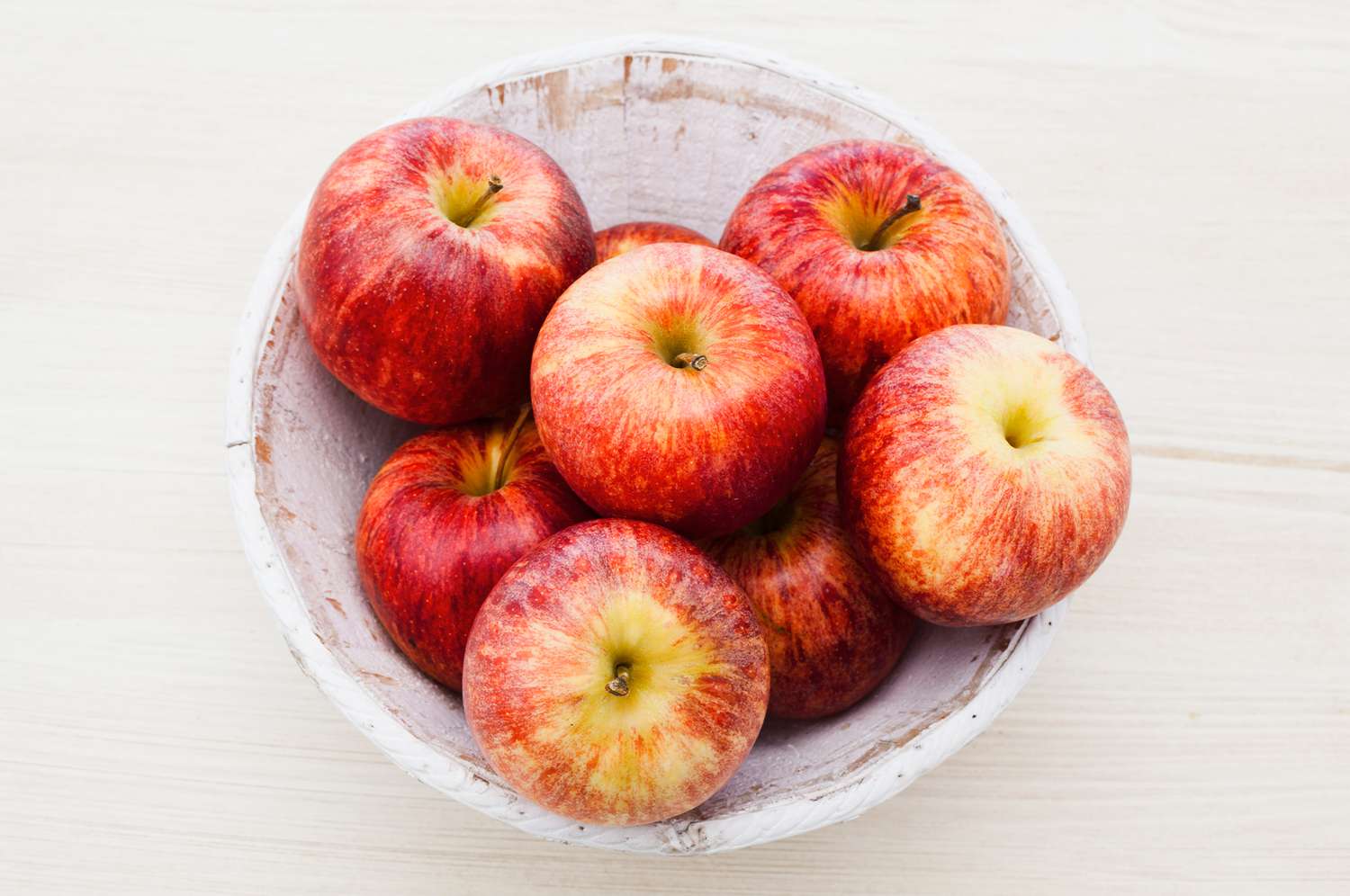

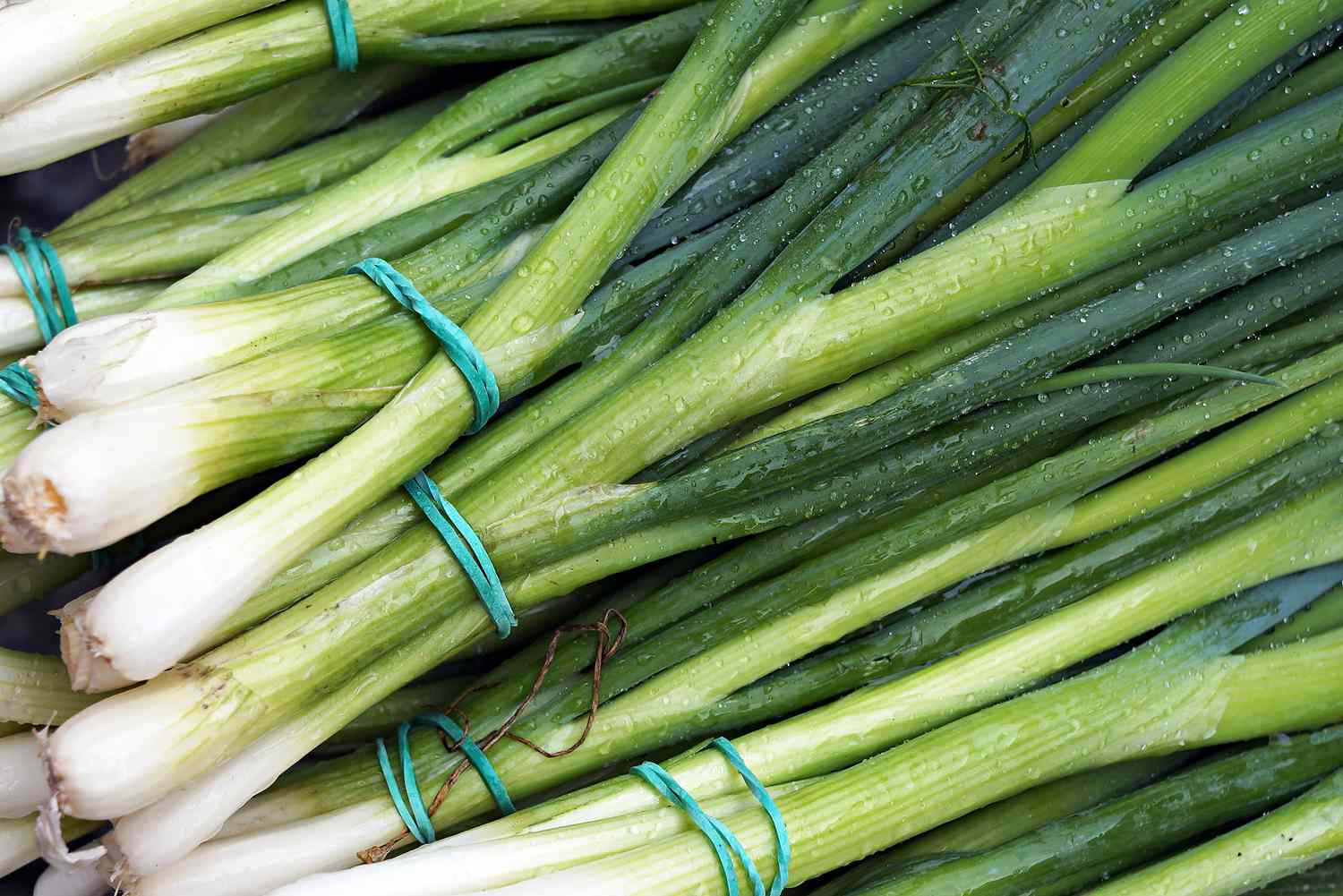

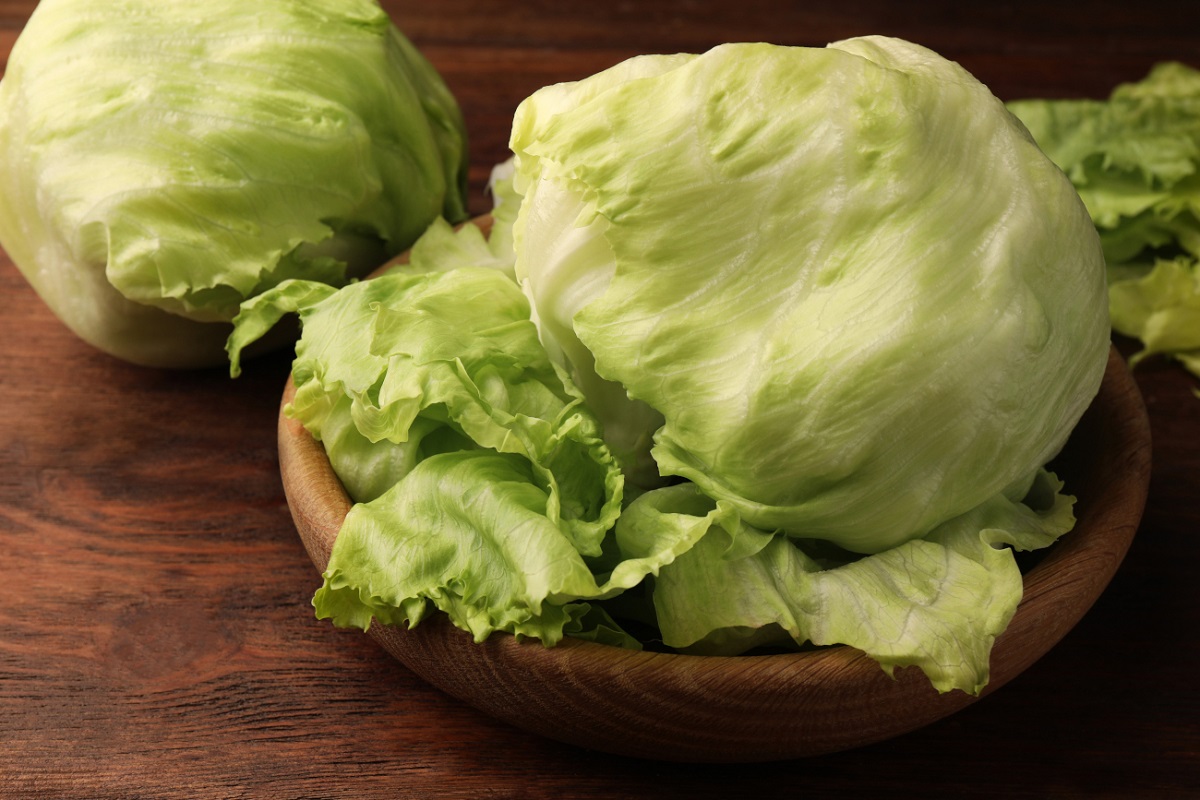

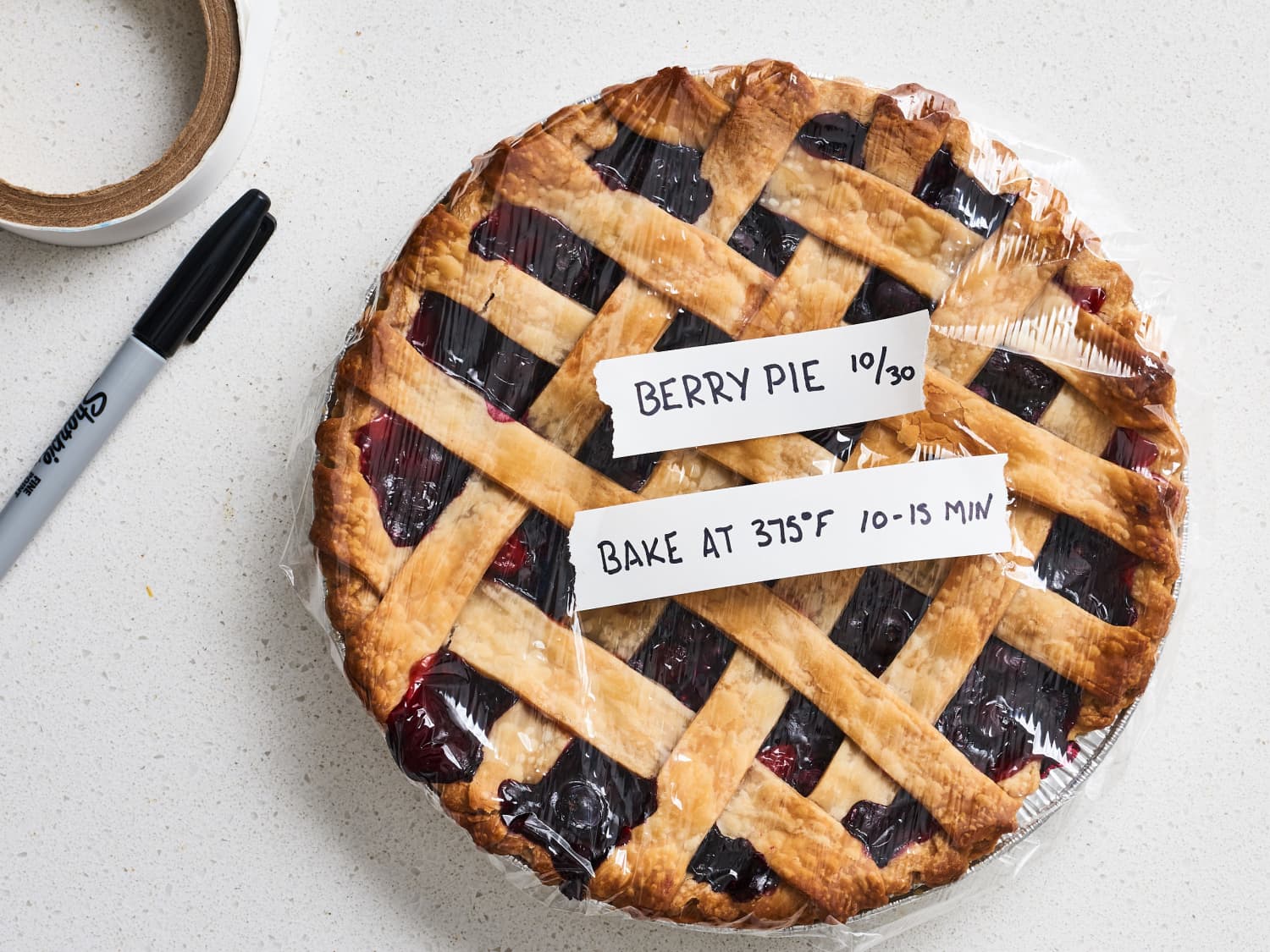
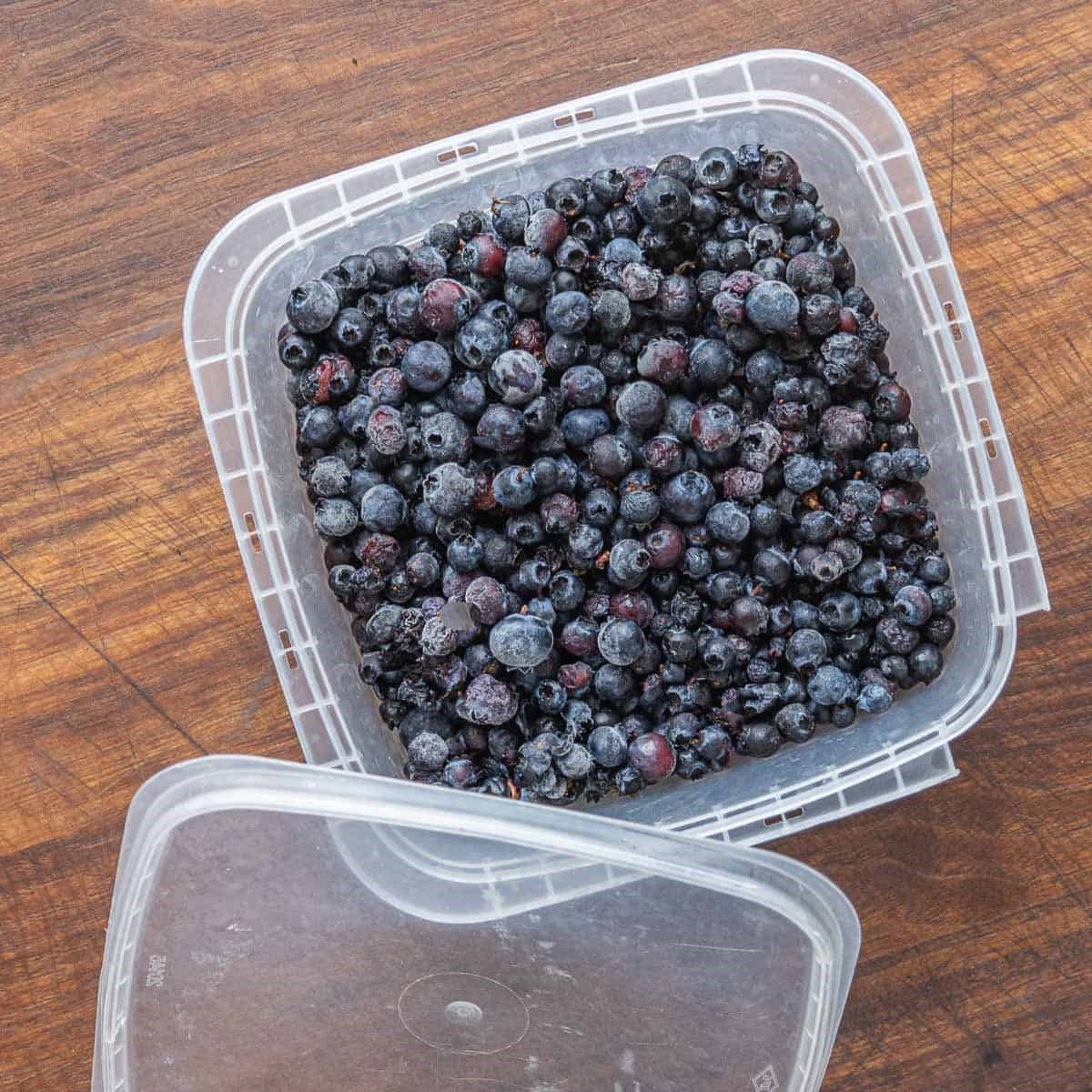

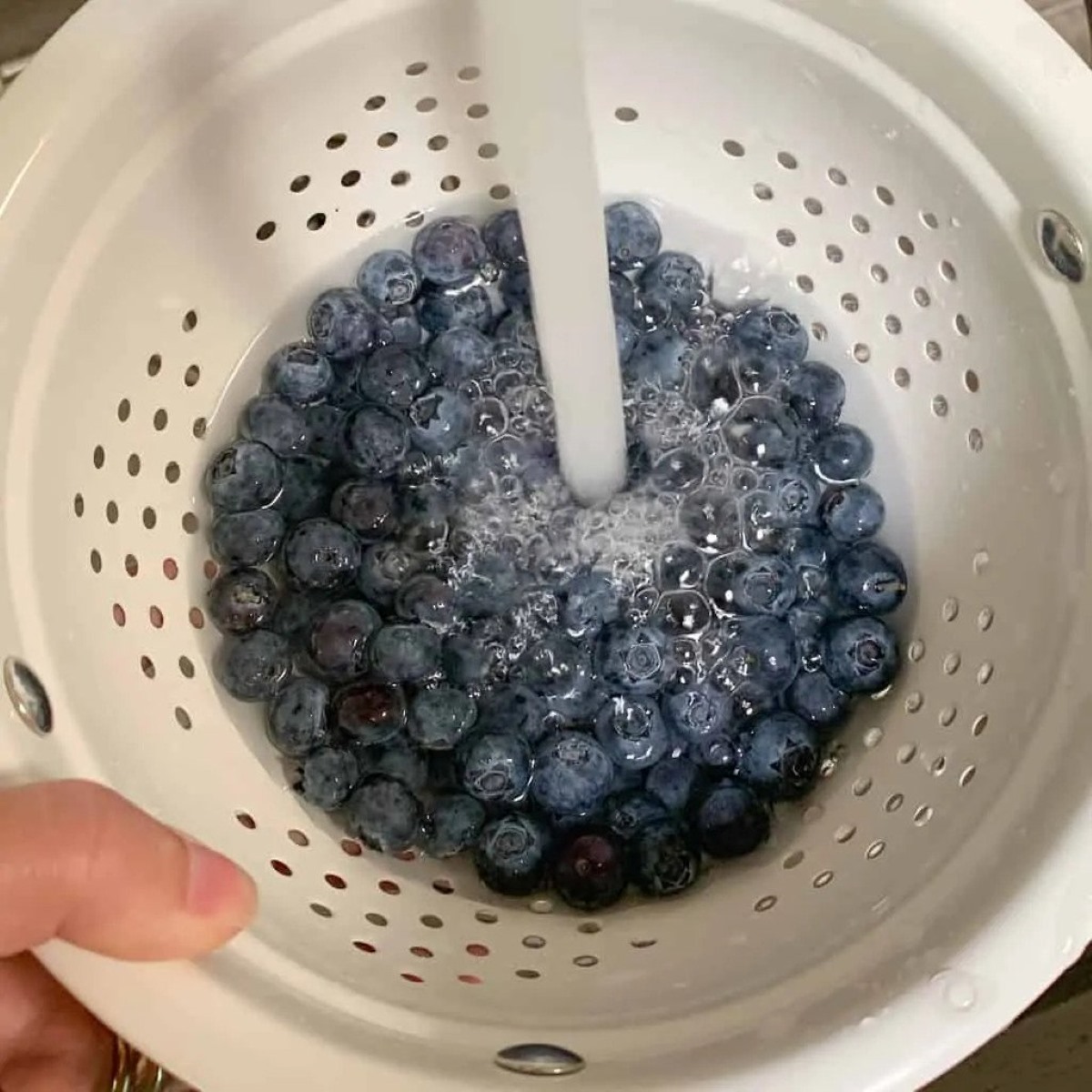


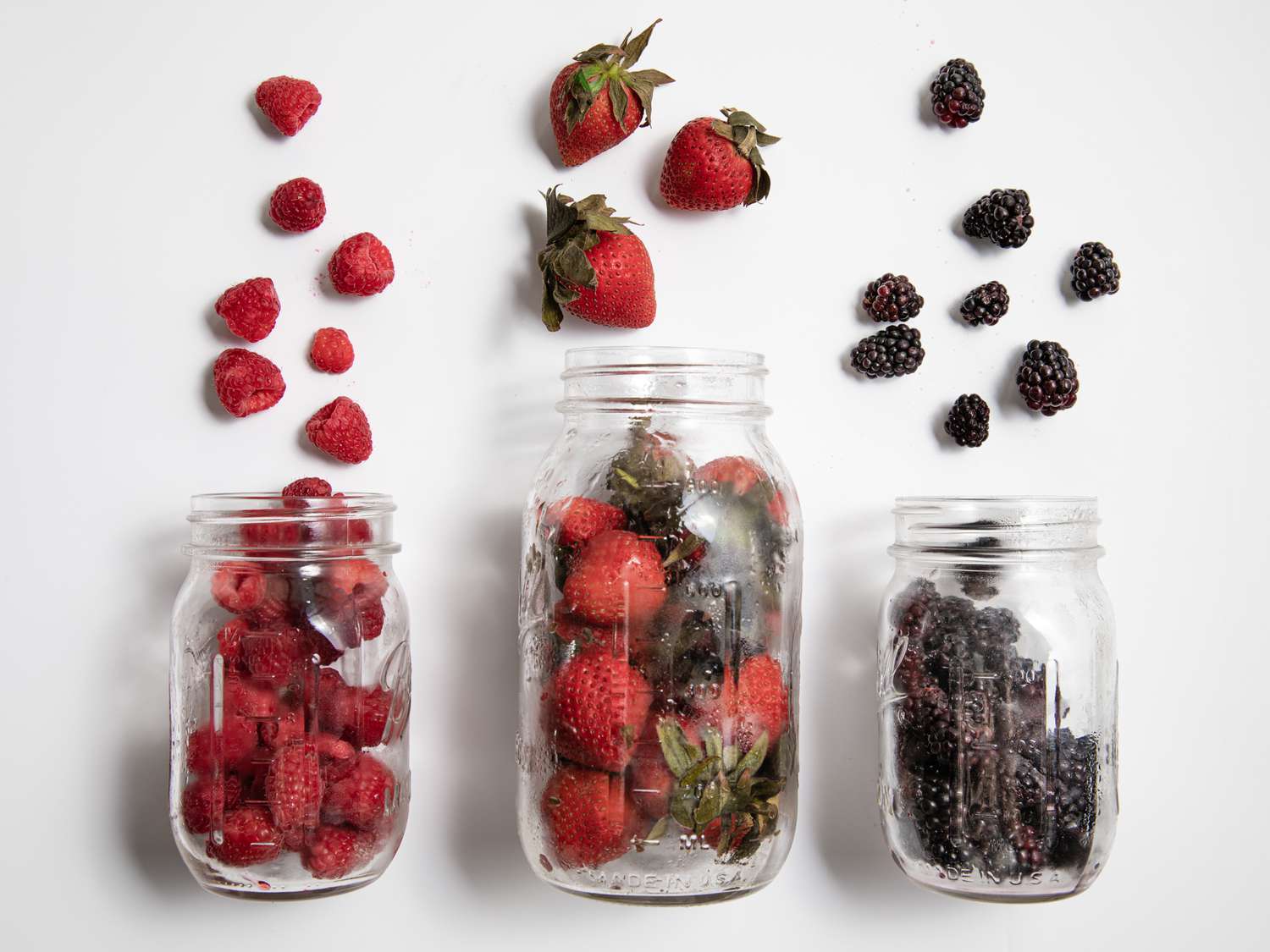

0 thoughts on “How To Store Blueberries To Last Longer”